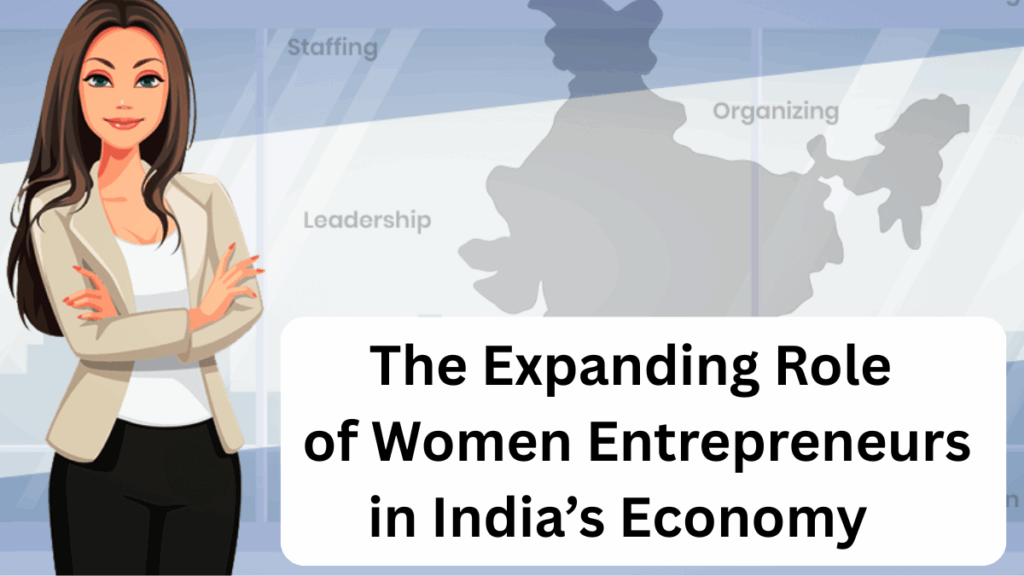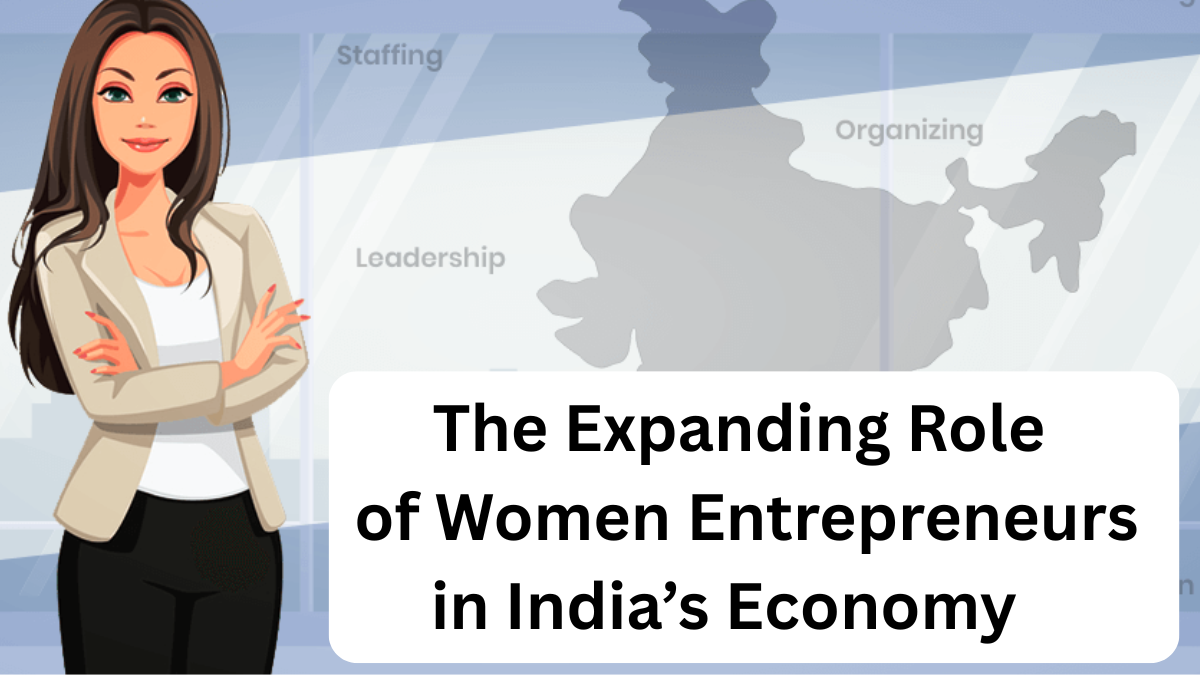In recent years, Women Entrepreneurs in India have been making remarkable strides, transforming not just the business landscape but also contributing significantly to the nation’s growth. From tech startups to traditional enterprises, female founders are breaking barriers and redefining the role of women in business. As we move into Economy 2025, the impact of women-led enterprises is becoming impossible to ignore.

Rising Trend of Female Founders in India
The number of female founders in India has been steadily increasing. Women are no longer just participants in the workforce—they are leaders, innovators, and trendsetters. Some key trends include:
-
Startups by women are emerging in sectors like technology, finance, healthcare, and sustainability.
-
Women-led enterprises are showing higher employee retention rates due to inclusive work cultures.
-
Female entrepreneurs are leveraging digital platforms to scale their businesses quickly and efficiently.
Growth of Women-Led Startups (2020–2025)
| Year | Women-Led Startups | Total Funding Raised (INR Cr) | Notable Sectors |
|---|---|---|---|
| 2020 | 1,200 | 3,500 | Tech, Fashion |
| 2022 | 2,000 | 7,200 | Health, Fintech |
| 2025 | 3,500 (projected) | 12,000 | Sustainability, EdTech |
Economic Impact of Women in Business
Women in business are contributing directly to the economy by creating jobs, boosting productivity, and fostering innovation. Key impacts include:
-
Job Creation: Female-led enterprises have created thousands of employment opportunities across India.
-
Innovation: Women entrepreneurs are bringing fresh perspectives to traditional industries.
-
Inclusive Growth: Businesses led by women often emphasize sustainability and social responsibility.
Economic Contribution of Women Entrepreneurs in India
| Contribution Area | Impact (2025 Projection) |
|---|---|
| Employment Generation | 2 million+ jobs |
| GDP Contribution | 3.5% of total GDP |
| Startup Funding Received | INR 12,000 crore |
| Sector Diversification | Tech, Healthcare, Education, Sustainability |
Challenges Faced by Women Entrepreneurs
Despite remarkable growth, women entrepreneurs India still face hurdles that can slow their journey. These include:
-
Limited access to funding and venture capital
-
Gender biases in certain industries
-
Balancing work-life commitments in demanding sectors
-
Limited mentorship opportunities compared to male counterparts
Governments, private institutions, and mentorship networks are increasingly working to bridge these gaps, enabling female founders to thrive.
How India is Supporting Women Entrepreneurs
Several initiatives have been launched to empower female founders:
-
Government Schemes: Programs offering grants, low-interest loans, and training.
-
Networking Platforms: Associations and communities for women in business.
-
Mentorship Programs: Experienced entrepreneurs guiding new female founders.
-
Skill Development Initiatives: Training programs in technology, finance, and leadership.
Looking Ahead: Economy 2025 and Beyond
By Economy 2025, the presence of women entrepreneurs is expected to expand even further. Their role is critical in fostering innovation, promoting inclusive growth, and strengthening India’s global competitiveness. Supporting women in business is no longer just a social initiative—it’s an economic imperative.
FAQs
Q1. What sectors are seeing the highest growth of women-led startups in India?
A1. Technology, healthcare, education, fintech, and sustainability sectors are witnessing significant growth of women-led startups.
Q2. How can aspiring female entrepreneurs access funding in India?
A2. Government schemes, venture capital, angel investors, and women-focused startup funds are primary sources for funding.
Q3. What challenges do women entrepreneurs in India face?
A3. Key challenges include limited funding, gender bias, balancing work-life commitments, and fewer mentorship opportunities.
Q4. How is India supporting female founders for Economy 2025?
A4. Through government initiatives, mentorship programs, networking platforms, and skill development programs designed specifically for women in business.
Click here to learn more
